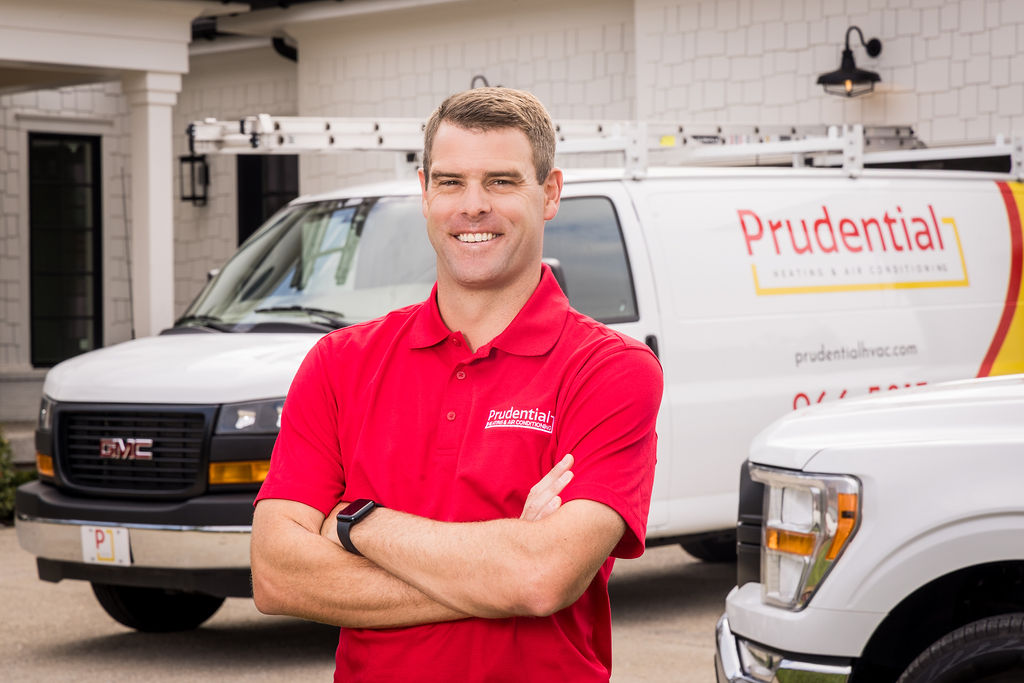
The heating and cooling industry is sensitive to changes in government regulations related to energy-efficiency standards.
HVAC efficiency ratings like Seasonal Energy Efficiency Ratio (SEER) and Annual Fuel Utilization Efficiency (AFUE) directly affect energy bills and comfort.
The recent 2023 SEER2 update in particular raised the bar for efficiency.
Seasonal Energy Efficiency Ratio measures the cooling efficiency of the AC and heat pump. The higher the SEER, the more efficient the system is.
Older systems have SEER ratings between 10 and 13, while newer systems are in the range of 14 to 20 or even more.
Annual Fuel Utilization Efficiency measures the amount of fuel that becomes usable heat in a furnace.
For instance, 90% AFUE signifies that 90% of the fuel becomes usable heat while 10% goes to waste.
This update involved the introduction of a new testing method that is closer to real-world conditions. These standards change by region.
In the Southeast U.S., the AC mininum went from SEER 15.0 to SEER2 14.3. Don't let the latter's smaller number fool you: SEER2 is more strict, so it is harder to earn a higher number than it was with SEER.
For homeowners, higher efficiency can lower utility bills, be more eco-friendly by reducing carbon footprint, and can qualify homeowners for rebates and tax credits and incentives.
Systems that are at least ten years old have a higher chance of not meeting the energy-efficiency standards.
At Prudential, we can perform an energy-efficiency consultation and offer a free estimate for a high-efficiency upgrade.
Read on for some updates about the state of energy-efficiency regulations in 2025, including planned rollbacks that may or may not take effect.
2025 has been a year that has seen many efforts to roll back energy-efficiency standards.
For HVAC systems in particular, the current administration has postponed the implementation of energy-efficiency standards set by the previous administration. Also relevant is the delay of compliance deadlines for codes requiring more energy efficiency in new homes.
However, the caveat to all of this is that in addition to lengthy regulatory reviews, there may be legal challenges that could lead to the undoing or prevention of certain energy-efficiency rollbacks.
So, it is truly unknown at this juncture how closely the near-future regulatory landscape will resemble the current plans for it, but for now, it is worth breaking down the current standards.
Of course, efficiency requirements can vary by region.
Why the regional difference? In many cases, climate influences how HVAC systems operate.
That can even mean that residents in a given region may have different air conditioners available to residents of another region.
You can learn more about regional standards here.
No matter what region you live in, rollbacks of broad efficiency standards could mean that more HVAC systems will be available to purchase.
For existing systems, there will be more flexibility for repairs, as professionals will be working with less restrictions for energy efficiency.
A proposed initiative is the delay or even ending of a regulation that would have phased out R-410A equipment, a fairly common hydrofluorocarbon (HFC) refrigerant that had been slated to be phased out because of concerns around greenhouse gases.
If this proposal does go through, then homes with older systems using R-410A will have smoother service and maintenance as the refrigerant is still approved for use.
However, if the previously planned phaseout does end up happening, then systems with this refrigerant will be harder to service. Since production of R-410A would presumably dwindle, it would therefore be harder to get supplies necessary to repair such equipment.
This could lead to savings in some areas, but higher costs in other areas.
On the one hand, the wider range of available systems and less phaseouts of existing systems could lead to lower costs in purchasing, servicing, and repairing HVAC systems.
On the other hand, energy-efficient systems can actually save homeowners money by, well, using less energy, which translates to savings on utility bills. So, if you are upgrading to a new system sometime soon, choosing an energy-efficient system could be worth the investment if you factor in lower energy bills.
If your current system is struggling or approaching the end of its expected lifespan, upgrading sooner could make financial sense. Older systems consume more energy along with increased risks of breakdowns requiring repairs.
Navigating regulatory changes does not have to be overwhelming. If you need expert advice on how regulations affect your particular system, then reach out to the experts at Prudential Heating and Cooling.
Our experienced HVAC professionals understand the technical requirements, regulations, and your HVAC system's needs. At Prudential Heating and Cooling, we're here to help you make informed decisions about your home comfort system.
We recommend that homeowners consider the following factors when planning an HVAC investment:
The energy-efficiency regulatory landscape is undergoing rapid change. We here at Prudential Heating and Cooling stay knowledgeable of new standards so that we can give the service that is appropriate for our customers' HVAC systems.
Whether you are in need of an emergency replacement or planning an upgrade, Prudential Heating and Cooling is here to guide you through these new standards and help you select a good system for your home, budget, and long-term goals.
We know that energy-efficiency standards are subject to change, and keep an eye on long-term trends so that you can make investments and repairs that last. HVAC systems affect your comfort, safety, and personal finances, which is why we strive to be the best HVAC-service provider in the Louisville area!